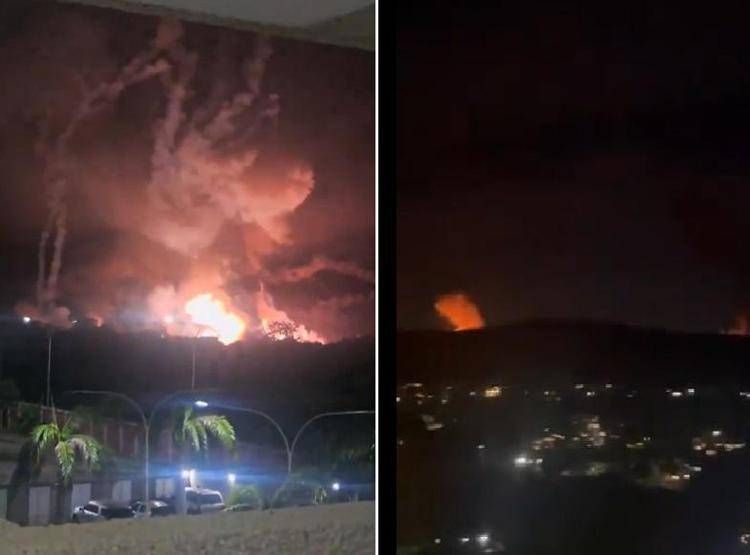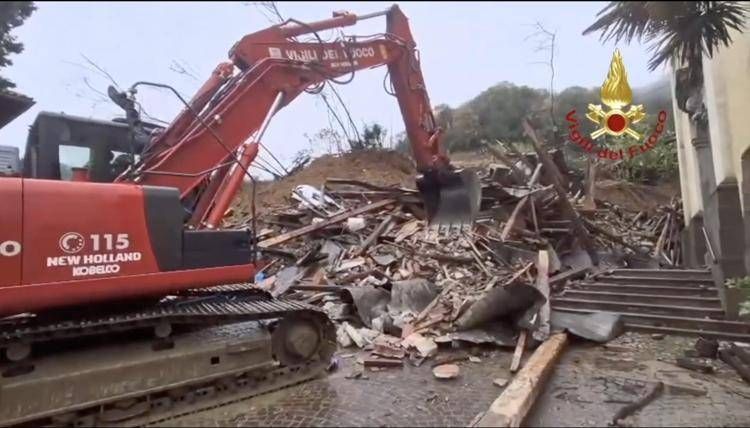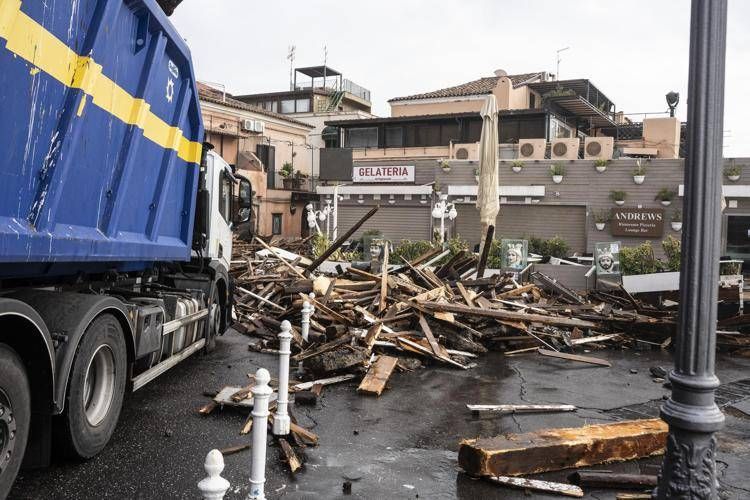
Colombia raises alarm over glaciers: 90% reduction in a century
-


Alberto Trentini e Mario Burlò sono in Italia dopo la liberazione VIDEO
-


Overnight explosions in Caracas hit military area, widespread power outages reported VIDEO
-


Attacco Usa in Nigeria contro l’Isis, Trump: “Risposta al massacro di cristiani” VIDEO
-


Frana a Cormons: disperso un giovane e un’anziana sotto le macerie VIDEO
Colombian glaciers, reduced to just 33 square kilometres, are in danger from global warming. The mountain ecosystem and the water security of local communities are at risk
The Colombian government has issued a serious environmental warning on World Glaciers Day, highlighting the dramatic reduction in the country’s glacier area, which has shrunk by 90 per cent in just over a century. At present, the glaciers still present in Colombia cover an area of just 33 square kilometres, spread over six mountains.
According to the Minister of the Environment, Lena Estrada Añokazi, this worrying reduction not only endangers the biodiversity of high mountain ecosystems, but also compromises the water security of local communities and productive sectors that depend on water resources. In an official note, Estrada Añokazi stated that the care of glaciers ‘is a collective commitment and a historical responsibility towards life, the earth and future generations’.
The Conejera glacier and the dramatic melting
One of the most serious examples of this phenomenon is that of the Conejera glacier, part of the Nevado Santa Isabel volcano, located in the Central Cordillera of the Andes. The ministry reported that the glacier had experienced an acceleration in its melting process due to the effect of the El Niño phenomenon, which intensified the already high temperatures caused by global warming. Unfortunately, the Conejera Glacier was declared extinct in 2024, marking the loss of an invaluable natural resource.
A steady and alarming glacial decline
The loss of glacial mass has been continuous in recent years. Between 2021 and 2022 alone, Colombia experienced a 3.2% reduction in total glacial mass, which equates to an area of 1.11 square kilometres, comparable to about 156 football fields. This reduction poses a direct threat not only to the biodiversity of mountain ecosystems, but also to the availability of water resources for local communities, which depend on glaciers for their water supply.
Colombia, with its Andean mountain ranges, has particularly suffered the effects of climate change, with the progressive disappearance of these precious freshwater reserves. The current situation requires urgent action by government authorities, local communities and the international community to limit the impact of these changes and protect what remains of the country’s fragile glacial ecosystem.
THE LATEST NEWS
-

 News24 ore ago
News24 ore agoAutopsia conferma il suicidio di Annabella Martinelli: escluso il coinvolgimento di terzi
-

 Meteo6 ore ago
Meteo6 ore agoMaltempo in Sicilia, uragano Harry: verso lo stato di emergenza regionale
-

 News18 ore ago
News18 ore agoLa confessione del marito per omicidio di Federica Torzullo: due scenari al vaglio
-

 Primo Piano15 ore ago
Primo Piano15 ore agoAccordo sulla Groenlandia tra Trump e la Nato, stop ai dazi dal 1° febbraio








